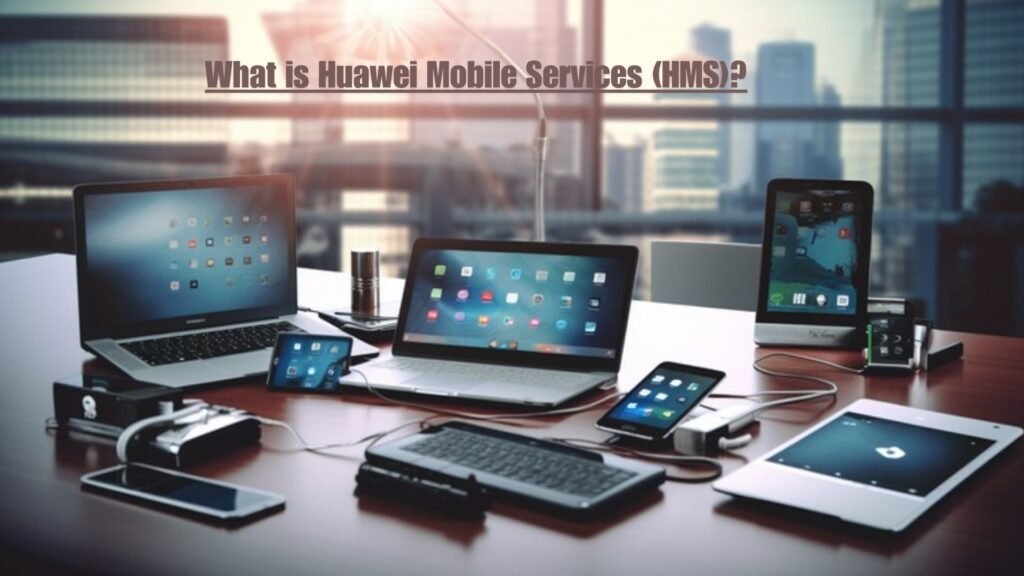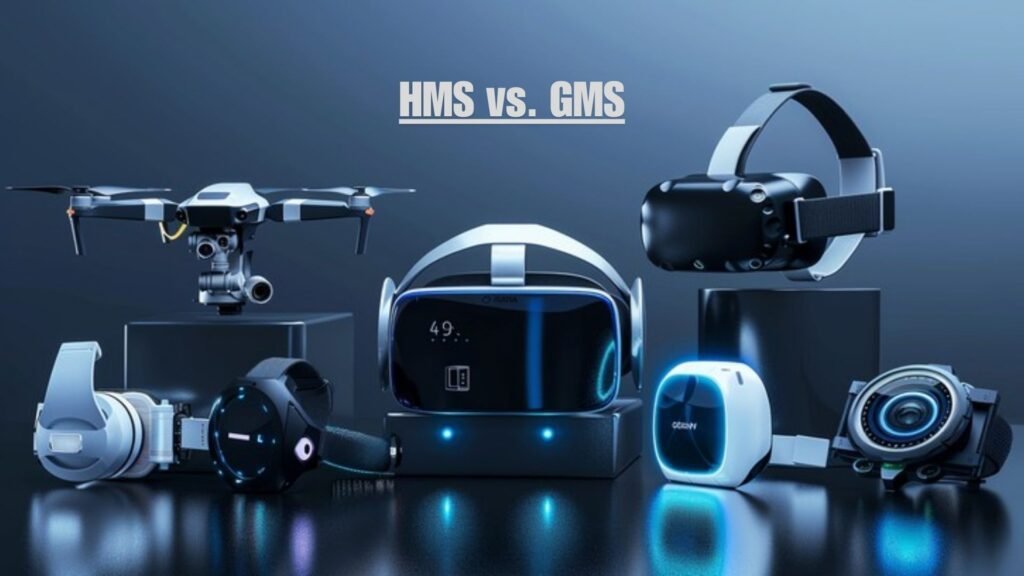
mobile hms
As mobile technology continues to evolve, Huawei Mobile Services (HMS) has emerged as a key player in the mobile ecosystem. For users of Huawei smartphones and developers alike, understanding the nuances of mobile HMS is critical to maximizing the potential of the platform. In this guide, we’ll delve into the details of what mobile HMS is, its benefits, and how it competes with other mobile service ecosystems such as Google Mobile Services (GMS).
What is Huawei Mobile Services (HMS)?

Huawei Mobile Services (HMS) is Huawei’s proprietary suite of applications, services, and APIs designed to provide an integrated user experience on its devices. HMS acts as an alternative to Google Mobile Services (GMS) due to the US trade restrictions placed on Huawei, which prevent it from pre-installing Google apps on its newer devices.
This ecosystem includes essential apps like AppGallery, which is Huawei’s version of the Play Store, Huawei Cloud, Huawei Themes, Huawei Music, and more. HMS Core, a development platform, also provides a set of tools and services that developers can use to build apps that work seamlessly on Huawei devices without relying on Google’s infrastructure.
Key Components of HMS
- AppGallery: Huawei’s official app store, it has grown exponentially in recent years and now features millions of apps. It is a crucial component of HMS as it provides users access to apps while ensuring developers can distribute their products globally.
- Huawei ID: This is the single sign-on for Huawei services, enabling access to a variety of apps and services with one login. It’s an essential component for syncing data across devices.
- Huawei Cloud: A cloud storage solution for storing photos, files, and app data securely. Huawei Cloud integrates deeply into the Huawei ecosystem, ensuring backups and seamless data transfer between Huawei devices.
- Huawei Themes: Personalizing devices is a major feature of Huawei’s user experience. With Huawei Themes, users can download and apply custom wallpapers, icon packs, and other UI elements to make their devices unique.
- Huawei Music: Similar to other music streaming services, Huawei Music offers a vast library of songs and podcasts for users to stream or download.
- HMS Core: The backend toolkit for developers. HMS Core offers APIs, SDKs, and services such as in-app purchases, push notifications, and location services to help developers create robust applications for Huawei devices.
Why Choose HMS?
There are several compelling reasons why users and developers are adopting HMS:
- Growing App Ecosystem: Since the launch of the AppGallery, Huawei has been working aggressively to expand its app offerings. It has grown to become the third-largest app marketplace globally, making it a viable alternative for users who are unable to access Google Play services.
- Enhanced Privacy and Security: Huawei places a strong emphasis on privacy and data protection. HMS adheres to GDPR and local data protection laws, ensuring that users’ information is secure. Huawei Cloud uses advanced encryption protocols, making it a secure platform for storing sensitive data.
- https://techyguardian.com/mobile-hms/Seamless Integration Across Huawei Devices: The Huawei ecosystem provides tight integration between devices, much like Apple’s ecosystem. Whether you’re using a Huawei smartphone, tablet, or smartwatch, the interconnectivity provided by HMS makes for a seamless experience, with easy data sharing and synchronization.
- Developer-Friendly Platform: HMS Core offers a rich suite of tools for developers, allowing them to build apps that take full advantage of the hardware and software features of Huawei devices. With features like in-app purchases, ads, and push notifications, HMS allows developers to monetize their apps effectively.
HMS vs. GMS: A Comparative Analysis

When comparing HMS to GMS, there are several critical factors to consider:
- App Availability: Google Play Store has a larger number of apps compared to AppGallery. However, Huawei has been making strides in closing this gap by incentivizing developers to publish their apps on AppGallery.
- Performance: HMS-optimized apps are tailored to Huawei’s hardware, often resulting in better performance on Huawei devices compared to apps that rely on GMS. This is particularly noticeable in areas like battery management and resource allocation.
- Security: Both HMS and GMS prioritize user security, but HMS is built with enhanced privacy features in mind, ensuring user data stays within the regions it originates from, which can be an important consideration for international users.
- Developer Support: Huawei offers a robust support system for developers through its HMS Developer Alliance, providing resources, training, and assistance to those looking to integrate their apps with HMS Core. Google, on the other hand, provides well-established developer resources through its Google Developers platform.
Steps for Developers to Integrate with HMS Core
If you’re a developer, integrating your app with HMS Core can unlock a massive user base. Below are the steps to get started:
- Register as a Huawei Developer: Sign up for a Huawei Developer Account through the official developer portal. This will allow you to access HMS Core services.
- Integrate HMS SDKs: Download and integrate the necessary HMS Core SDKs into your app. This could include services like Account Kit, Push Kit, or Map Kit, depending on the functionality you need.
- Test Your App: Huawei provides testing tools that let you simulate various conditions to ensure your app runs smoothly on Huawei devices.
- Publish on AppGallery: Once your app is optimized, you can publish it on AppGallery, making it accessible to millions of Huawei users worldwide.
Future of HMS in the Mobile Ecosystem

The future of HMS is promising as Huawei continues to innovate and expand its services. With ongoing investment in developer support, security enhancements, and app ecosystem growth, HMS is positioned to become a more significant player in the global mobile service landscape.
As Huawei devices continue to gain popularity, particularly in markets like China, Europe, and South America, HMS will likely play an increasingly critical role in shaping the future of mobile services. For developers, integrating with HMS provides access to an expansive, growing user base, while users benefit from a robust, privacy-conscious mobile ecosystem.





